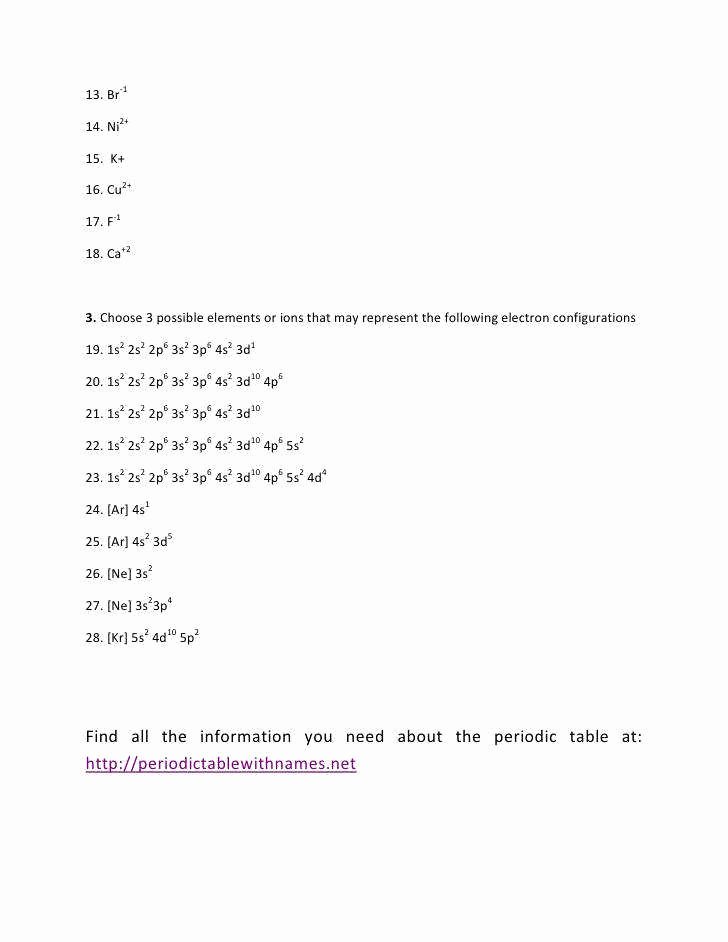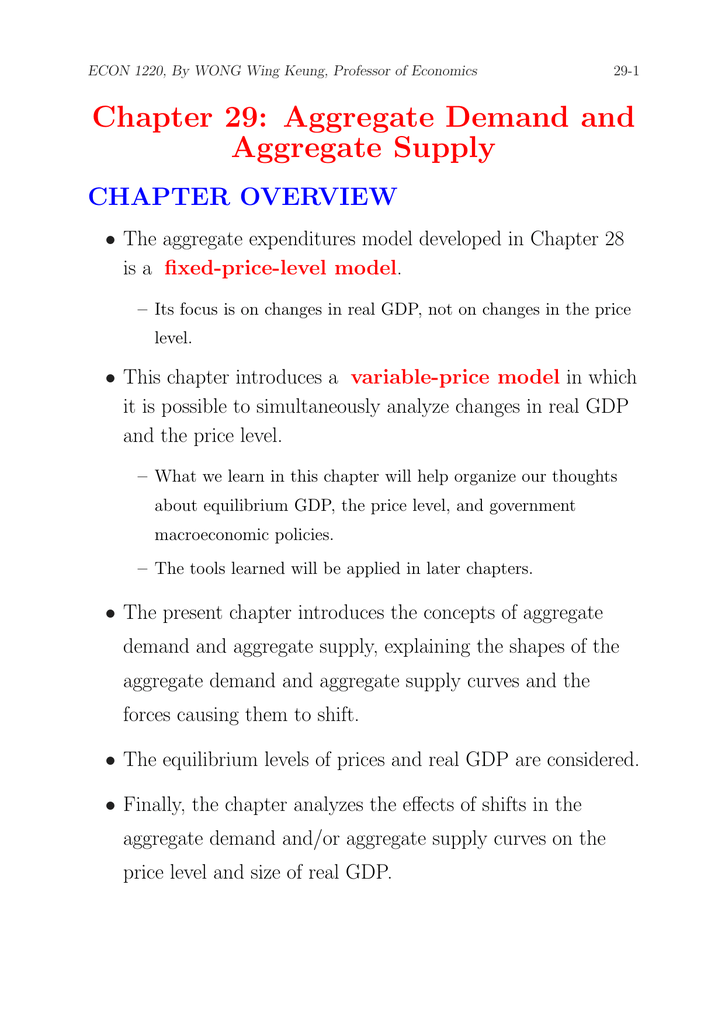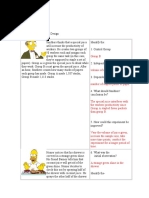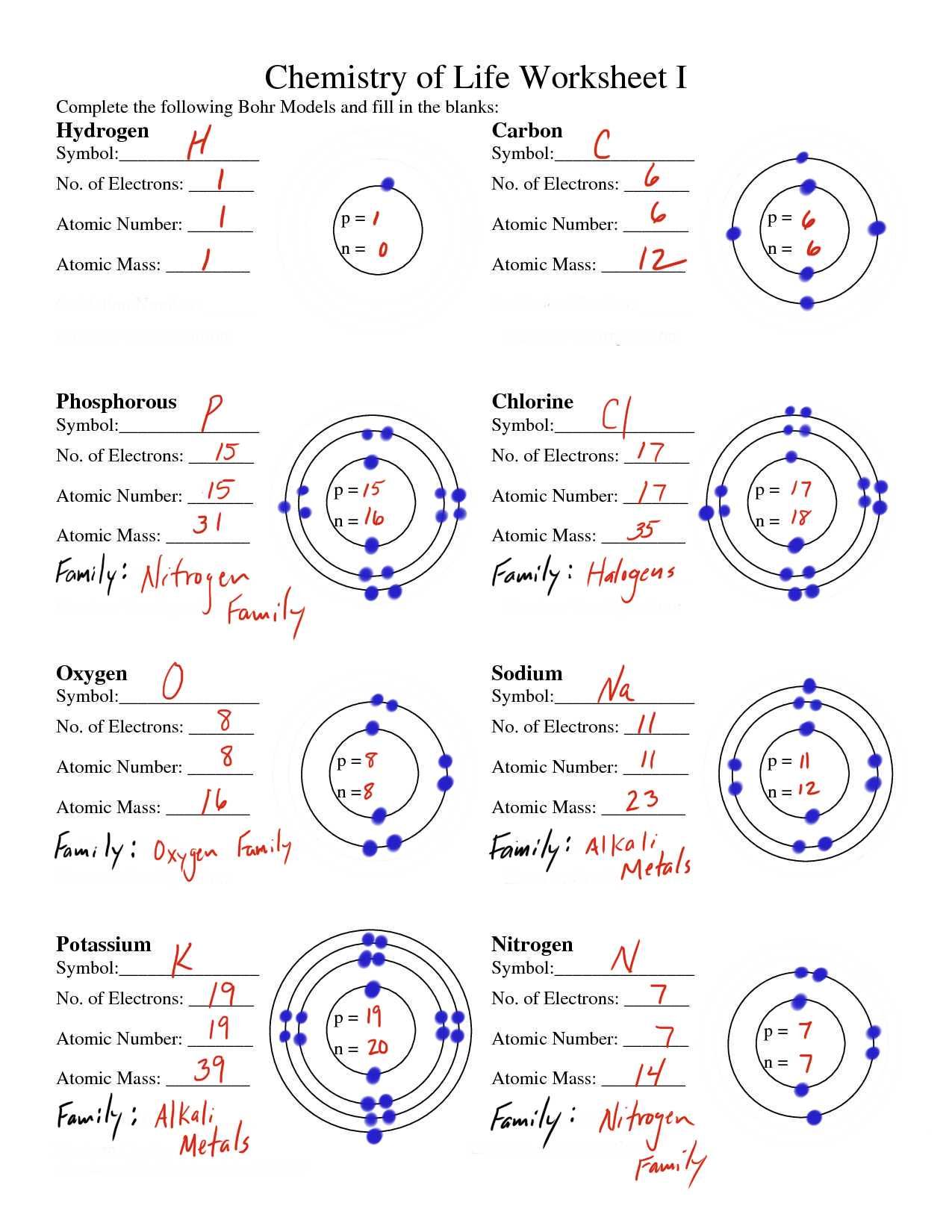Mastering Metric Conversions Made Easy
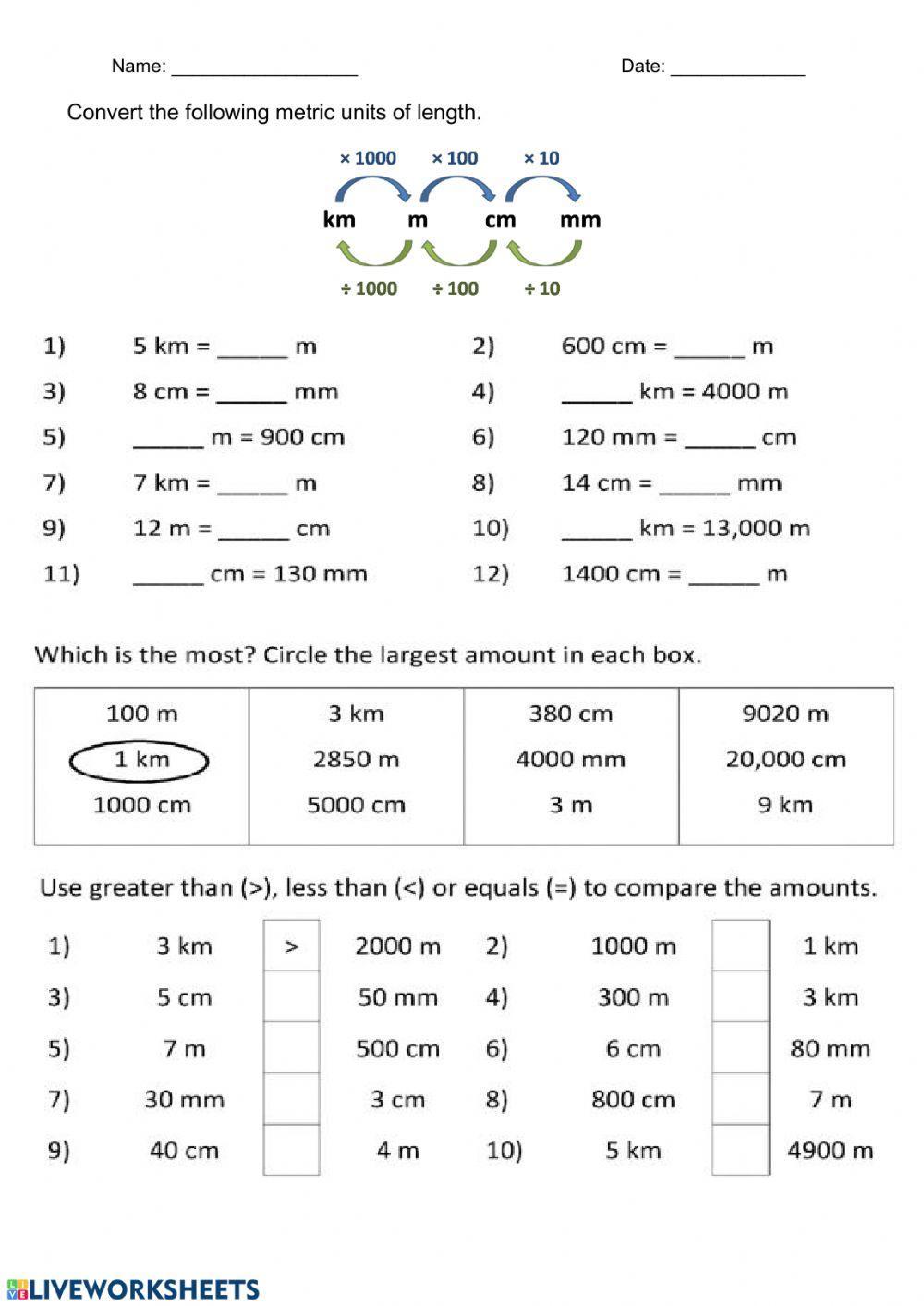
Metric Conversions: A Comprehensive Guide
Metric conversions can be a daunting task, especially for those who are not familiar with the metric system. However, with the right tools and techniques, mastering metric conversions can be made easy. In this article, we will provide a comprehensive guide on how to perform metric conversions, including the different types of conversions, formulas, and examples.
Understanding the Metric System
The metric system, also known as the International System of Units (SI), is a decimal-based system that is used to measure physical quantities such as length, mass, time, and temperature. The metric system is widely used in science, technology, and everyday life.
Types of Metric Conversions
There are several types of metric conversions, including:
- Length conversions: converting between different units of length, such as meters to centimeters or kilometers to miles.
- Mass conversions: converting between different units of mass, such as grams to kilograms or pounds to ounces.
- Time conversions: converting between different units of time, such as seconds to minutes or hours to days.
- Temperature conversions: converting between different units of temperature, such as Celsius to Fahrenheit or Kelvin to Celsius.
Formulas for Metric Conversions
Here are some common formulas for metric conversions:
- Length conversions:
- 1 meter (m) = 100 centimeters (cm) = 1000 millimeters (mm)
- 1 kilometer (km) = 1000 meters (m) = 1000000 millimeters (mm)
- Mass conversions:
- 1 kilogram (kg) = 1000 grams (g) = 1000000 milligrams (mg)
- 1 pound (lb) = 453.592 grams (g)
- Time conversions:
- 1 minute (min) = 60 seconds (s)
- 1 hour (h) = 60 minutes (min) = 3600 seconds (s)
- Temperature conversions:
- Celsius to Fahrenheit: °F = (°C × 9⁄5) + 32
- Fahrenheit to Celsius: °C = (°F - 32) × 5⁄9
- Kelvin to Celsius: °C = K - 273.15
Examples of Metric Conversions
Here are some examples of metric conversions:
- Length conversion: Convert 50 kilometers to meters.
- 50 km × 1000 m/km = 50,000 m
- Mass conversion: Convert 25 pounds to kilograms.
- 25 lb × 0.453592 kg/lb = 11.34 kg
- Time conversion: Convert 2 hours to minutes.
- 2 h × 60 min/h = 120 min
- Temperature conversion: Convert 30°C to Fahrenheit.
- °F = (30°C × 9⁄5) + 32 = 86°F
📝 Note: Make sure to pay attention to the units of measurement when performing metric conversions. It's easy to get confused and end up with incorrect answers.
Tips for Mastering Metric Conversions
Here are some tips for mastering metric conversions:
- Practice, practice, practice: The more you practice, the more comfortable you’ll become with metric conversions.
- Use online tools: There are many online tools available that can help you with metric conversions, such as conversion calculators and charts.
- Focus on the most common conversions: Focus on the most common conversions, such as length and mass conversions, and practice those regularly.
- Learn the formulas: Learn the formulas for different types of conversions, such as length and mass conversions, and practice applying them.
Common Metric Conversion Mistakes
Here are some common mistakes to watch out for when performing metric conversions:
- Unit confusion: Make sure to pay attention to the units of measurement and avoid confusing them.
- Rounding errors: Avoid rounding errors by using precise calculations and rounding only at the end.
- Formula mistakes: Double-check your formulas and make sure you’re applying them correctly.
🚨 Note: Be careful when performing metric conversions, as small mistakes can lead to big errors.
What is the metric system?
+The metric system, also known as the International System of Units (SI), is a decimal-based system that is used to measure physical quantities such as length, mass, time, and temperature.
How do I convert between different units of length?
+To convert between different units of length, you can use the following formulas: 1 meter (m) = 100 centimeters (cm) = 1000 millimeters (mm), and 1 kilometer (km) = 1000 meters (m) = 1000000 millimeters (mm).
How do I convert between different units of mass?
+To convert between different units of mass, you can use the following formulas: 1 kilogram (kg) = 1000 grams (g) = 1000000 milligrams (mg), and 1 pound (lb) = 453.592 grams (g).
By following these tips and practicing regularly, you can master metric conversions and become more confident in your ability to perform them. Remember to pay attention to units of measurement and avoid common mistakes, such as unit confusion and rounding errors. With practice and patience, you’ll be a pro at metric conversions in no time!
